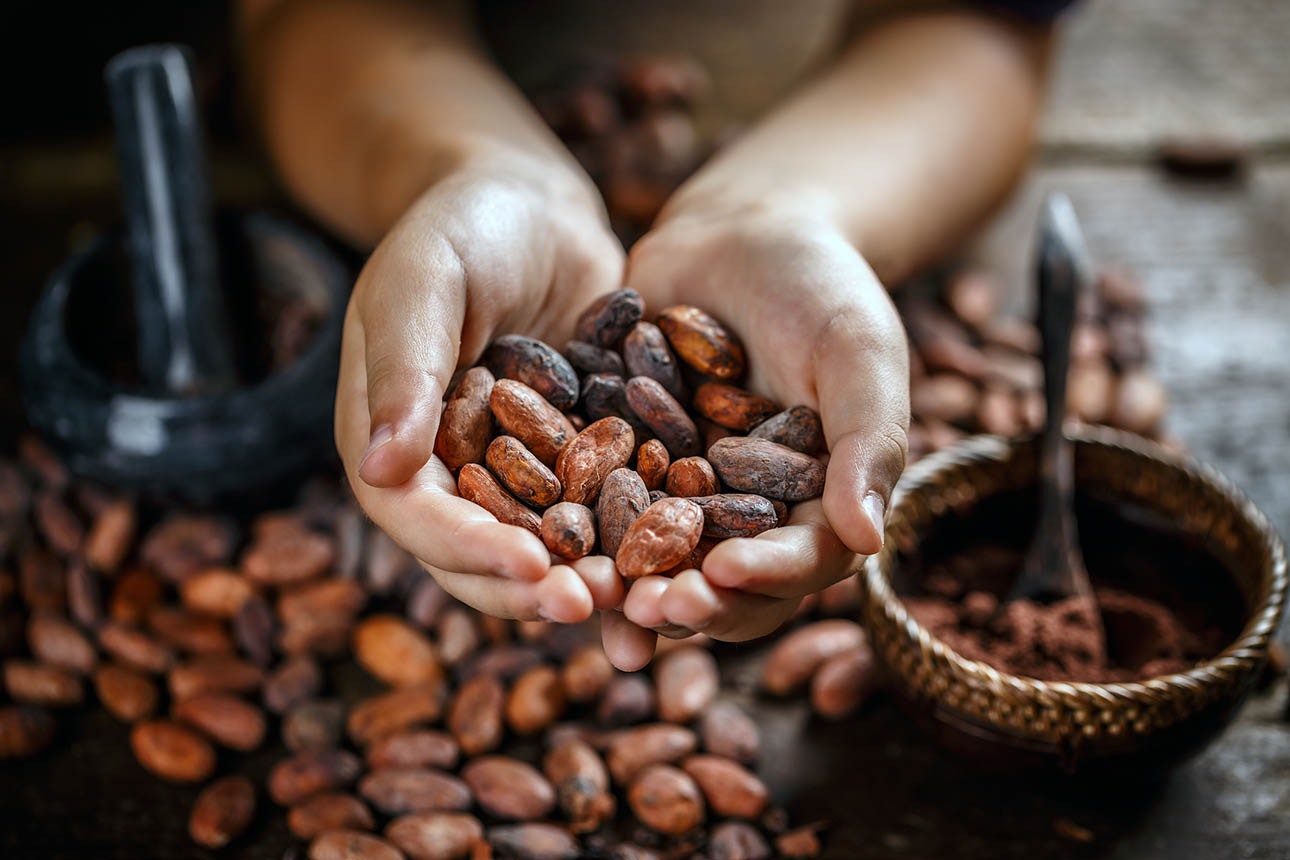
By Rebecca Styles
Research Lead | Hautū Rangahau
Hot cross buns are a classic Easter treat. However, at some supermarket bakeries it’s impossible to tell from the label if your buns contain palm oil or not.

At Pak’nSave Lower Hutt, not all the hot cross buns from its bakery had an ingredient list (products made in-store don’t require one). If you ask staff what’s in them, you may find the ingredients includes “vegetable oil”— a catch-all label for any oil derived from vegetables.
At my local New World, vegetable oil was listed on the sticky date and caramel hot cross buns. The store’s traditional buns had canola, vegetable oil derived from soy, and vegetable oil.
Does the vegetable oil used in hot cross buns contain palm oil?
Both supermarkets are part of the Foodstuffs stable. When we asked Foodstuffs to confirm whether the hot cross buns at both chains across the country had palm oil in them, we didn’t receive a response in time for publication.
At Countdown, palm oil is used in the following hot cross bun flavours:
two brioche hot cross bun flavours (chocolate and fruit)
Cadbury Caramilk
Mocha
The store’s other hot cross buns are made with canola oil. All Countdown’s buns have ingredients listed on the packs.
Palm oil is often labelled as vegetable oil
Hot cross buns are far from the only product where palm oil may be lurking. If the ingredients list states the food contains “vegetable oil”, there’s a good chance it’s palm oil.
Manufacturers love palm oil because it’s cheap and versatile. However, it comes with a huge environmental cost. Palm oil plantations in Indonesia threaten the habitat of Sumatran tigers, rhinos and orangutans.
Both Countdown and Foodstuffs belong to the Roundtable on Sustainable Palm Oil (RSPO), a largely industry-led initiative set up to certify “good” oil.
However, the RSPO has come under fire for its certification system, which doesn’t guarantee that the oil in consumer products is sustainably sourced.
Both Foodstuffs and Countdown uses both mass balance and RSPO “segregated” palm oil in its products. The latter is certified palm oil that can be traced to mills.
A Countdown spokesperson said where palm oil is used in its products, it’s listed on the label.
Palm oil in product labels: what needs to change
We’ve been calling for labelling rules that would require manufacturers to disclose whether there’s palm oil in their products.
There’s strong support for better labelling. Our 2018 survey found 68% of consumers thought palm oil labelling should be mandatory.
A 2011 review of food labelling laws also recommended added oils be listed on product labels.
In 2018, the New Zealand and Australian Ministerial Forum on Food Regulation (the Forum) met to discuss the recommendation. Three years later, it removed the recommendation from its list because of “changes in priorities”.
The Forum said, “labelling changes for ecological reasons are outside the scope of the Food Regulation System.”
Given nearly 60% of us keep sustainability in mind when shopping for groceries, according to our Sentiment surveying, we think the decision is a bit of a cop-out. Just label it.
